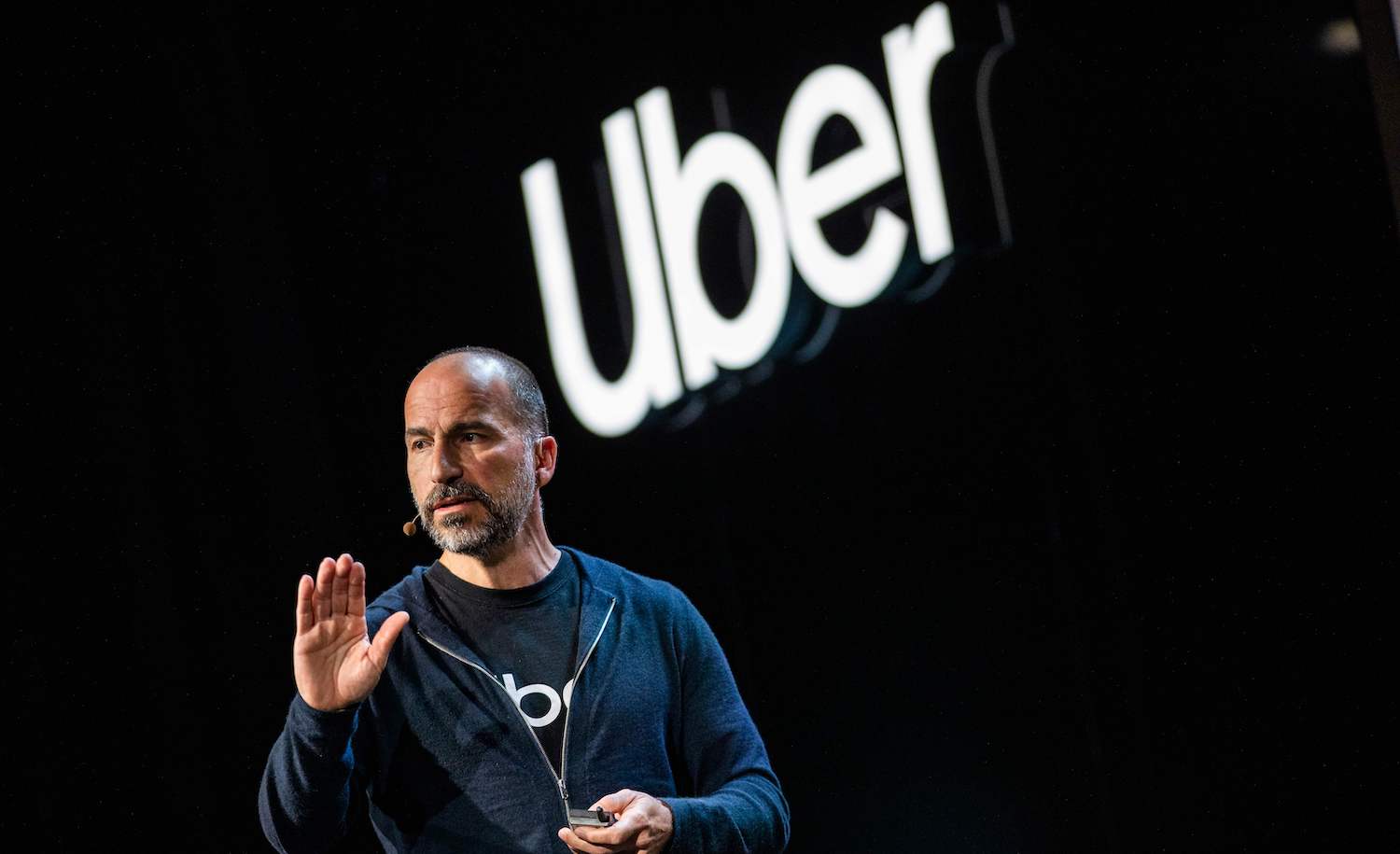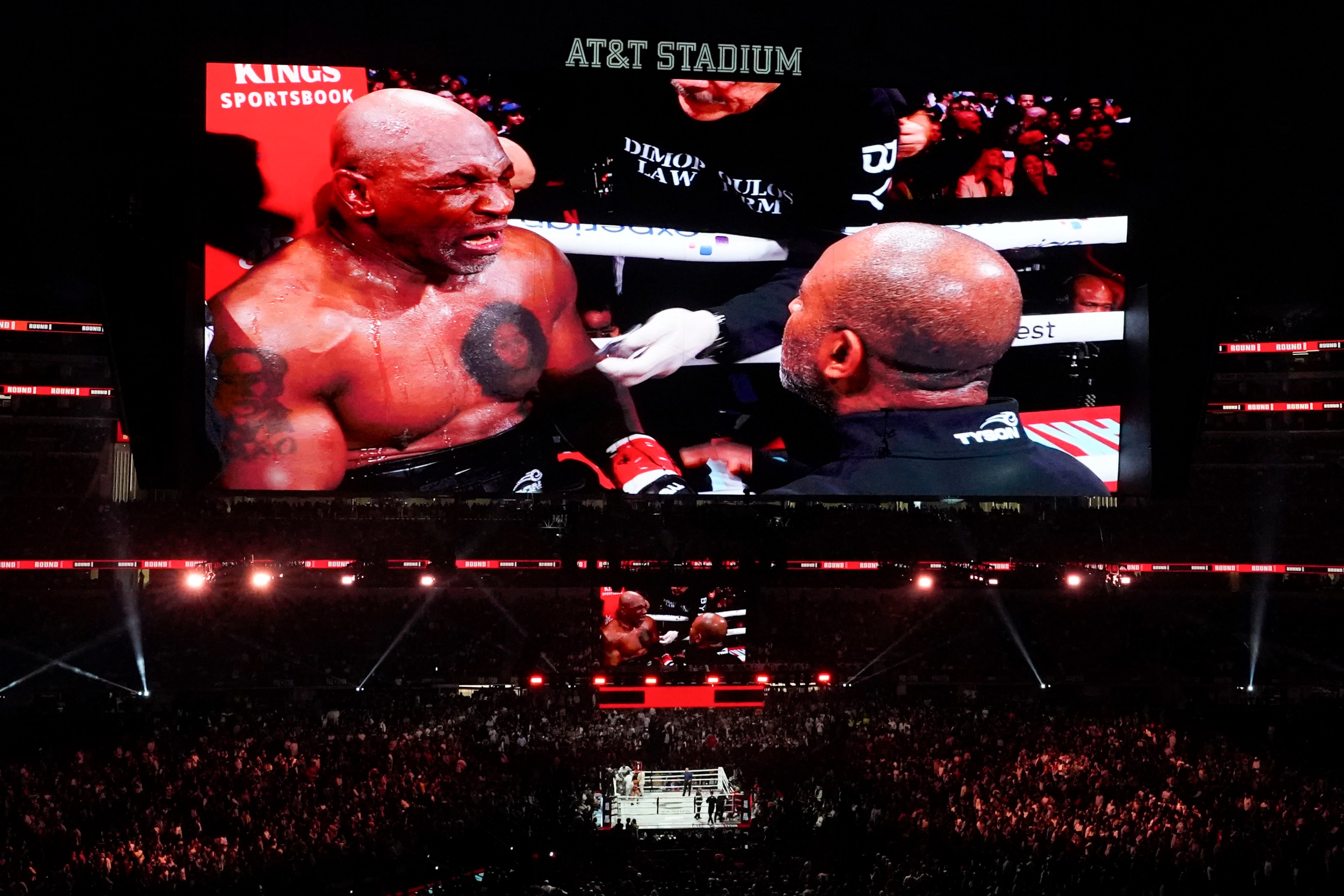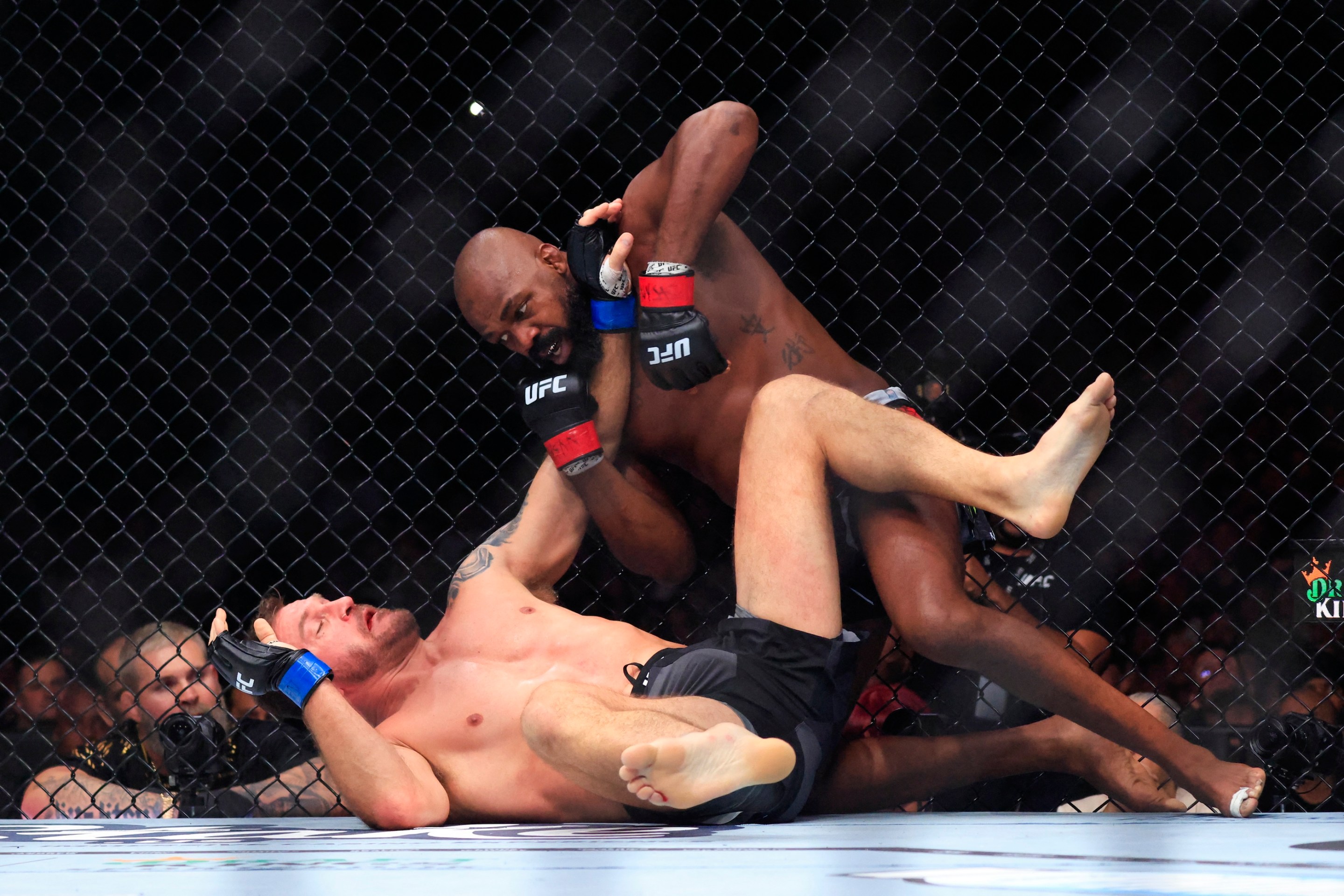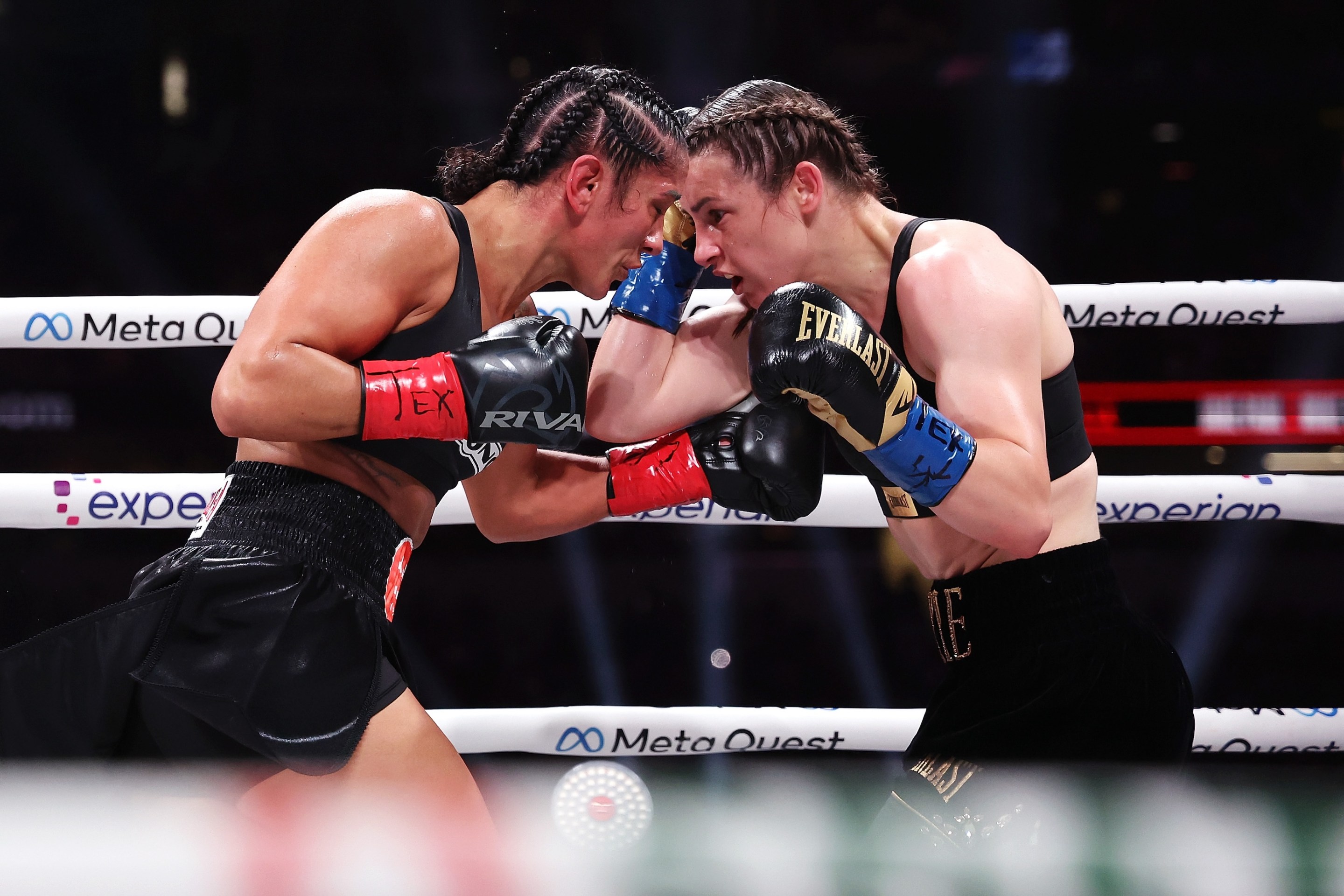In the relative cover of the holiday lull, Southern California grocery stores under the umbrella of the Albertsons Companies quietly eliminated a chunk of their workforce. Albertsons president Vivek Sankaran had spent much of the pandemic boasting about how well his company treats its frontline workers and how well-positioned his company is to make money as an essential service. And yet, as Knock LA reported last Monday, the company laid off its entire corps of full-time delivery drivers and immediately replaced them with contractors.
The reasoning behind that move is very simple: Contractors are cheaper than full-time employees with benefits. The company's Bay Area drivers are unionized, and therefore have the structural means to resist the cost-cutting measure. Albertsons, whose revenues grew by almost 10 percent last quarter, was able to put their Southern California employees to the sword during the pandemic because of new anti-labor rules ushered in by Proposition 22.
Two months ago, Prop 22 passed by three million votes. One-fifth of a billion dollars in campaign expenditures bought a breathtakingly cynical and ultimately successful effort to convince Californians that a new law codifying the exploitation of app-based contract workers by creating a special rights-free labor status for them under the law was, in fact, actually about helping those workers. The Prop 22 campaign was a cynical masterwork, somehow framing gig-worker immiseration as a social justice initiative. The side with $200 million on its side, in a scrap against a fractured labor movement, proved able to set whatever rhetorical terms it wanted, and it worked. The ballot measure immediately exempted Uber, Lyft, DoorDash, and other app-based companies from having to fairly compensate their fleets of drivers for their labor, cementing their status as contractors-in-perpetuity instead of employees in everything but name.
This is not a small distinction. A majority of Americans have employer-provided healthcare, for instance, but contractors aren't entitled to healthcare benefits, or to other benefits that would be of particular use to drivers, like worker's comp or paid sick leave. This is a good spot to note that Prop 22 can only be overturned by the California legislature through a 7/8 majority vote, an impossible ask given how much water Uber and Lyft draw in Sacramento. Lyft and Uber stock prices grew by $8 billion the day after Prop 22 passed. The assholes who founded DoorDash are now billionaires, explicitly because of Prop 22. All it cost them was $52 million.
The companies that lobbied for the law are currently recouping the money spent financing the campaign by hiking prices, months after yelling as loudly as they could that forcing them to stop grinding their workers into a fine powder would regrettably cause prices to go up. DoorDash has increased its service fee in California to 15 percent, in addition to introducing boutique fees in counties that attempt to cap their commissions on deliveries. GrubHub has been actively discouraging users to tip drivers. Uber has also raised its prices, theoretically to cover the cost of marginally higher driver pay and benefits, both of which are meager and means-tested to a ridiculous degree. Those increased benefits are also only available to drivers who opt into an agreement to settle complaints via forced arbitration, which hamstrings the ability to file complaints against the company or seek any sort of legal restitution. Anecdotally, driver earnings are also down. Things are quite bad, unless you, like Lance Armstrong, happened to buy a buttload of Uber stock many years ago. If you did, or if you are, please consider subscribing to Defector at a higher tier.
These changes are currently only in effect in California, but the goal of Prop 22 was always to take its corporate savings national. "I think Prop 22 has now created a structure for us to discuss with leaders in other states and Washington, potentially," Anthony Foxx, formerly transportation secretary under Barack Obama and currently policy chief at Lyft, said in November. "We think that Prop 22 has now created a model that can be replicated and can be scaled." Uber CEO Dara Khosrowshahi and DoorDash CEO Tony Xu have also been open about their desire to take this campaign national. Immediately after Prop 22 passed in California, Lyft and Uber rolled out a campaign to guarantee "independent work" for Illinoisans. Massachusetts and New York loom as future battlegrounds. The incoming Biden administration has, for the record, been lightly critical of Prop 22; it's worth noting here that Kamala Harris's brother-in-law Tony West, a member of her transition team into the Senate in 2016, is the chief legal counsel for Uber.
It's no coincidence that Lyft and Uber have spent so big on securing the services of very connected, very powerful people. They are regulatory arbitrage concerns that happen to sell car rides to people, and their business model depends more or less entirely on the capacity to elude, overawe, or ignore regulators while selling investors on some potential future windfall once they figure out how to make money. They're not there yet; the two companies, like so many Silicon Valley giants of this ongoing gilded age, have never come close to turning an annual profit. The lie that they are technology companies producing vital innovations has never been more apparent, but seems not to matter much. Every day a new bit of news arrives that is utterly indistinguishable from ham-handed satire; for instance a parasitic "gig" worker app called Whizz recently thinkified taking a shit while on the job delivering or driving. Imagine going back in time and explaining any of this to Karl Marx, or even just to someone with a steady union manufacturing job 45 years ago.
For years, Uber has been open about the fact that its only real path to profitability lies in automating away labor costs. Notorious former CEO Travis Kalanick once infamously said eliminating the "other dude in the car" would unlock cheaper rides and, theoretically, all that latent profit. Over the past month, Uber has all but admitted that this path is dead. The company essentially gave away its self-driving technology division, Advanced Technologies Group, to former competitor Aurora, then bought 26 percent of it back for $400 million. Uber also paid $75 million to offload its aviation division.
This is a clear admission that the pipe dream of eliminating even these wrung-dry contractors from the process are now over. As to how much those dreams cost, here is Vice's Edward Ongweso Jr., who has been indispensable on this beat:
The amount of time and money Uber wasted on its doomed self-driving lark is staggering. Despite acquiring Otto, a self-driving truck start-up, in 2016 and valuing it at $680 million, allegedly stealing trade secrets from Google's self-driving unit, poaching 40 engineers from Carnegie Mellon to found ATG, receiving a $500 million investment from Toyota and another $1 billion from SoftBank's Vision Fund (valuing ATG at $7.25 billion), and despite constant assurances that "it would become profitable by 2021," investors pressured Uber CEO Dara Khosrowshahi to sell.
VICE
Uber is the biggest company that uses "gig" workers, and if they are now admitting that they will never even possibly make money through anything but the continued exploitation of those workers then it stands to reason that their continued fight for the legal enshrinement of their business model will continue. There is no other way forward for them. Prop 22 is designed to keep this last narrow avenue open.
Luckily, drivers are fighting back. A group of drivers filed a lawsuit against the state yesterday seeking to nullify Prop 22 on the grounds that it violates the state's constitution. The drivers have the support of big labor organizations such as the SEIU. Even though Prop 22's notorious 7/8th's clause is a remarkable line of defense against its reversal, the suit gets around it by arguing that a statutory initiative as powerful as Prop 22 is necessarily in violation of the constitution.
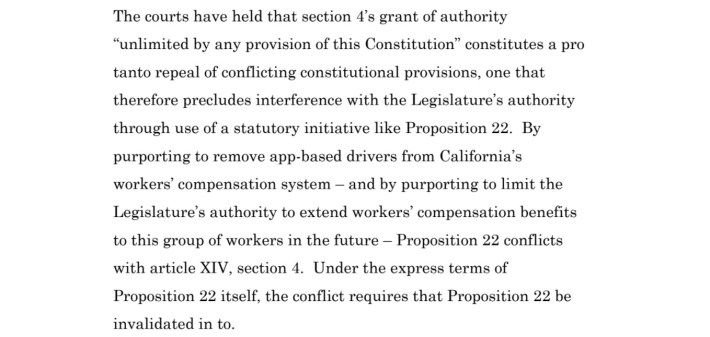
At the federal level, the PRO Act would grant workers better protections, penalize companies more harshly for violating federal labor law, and, crucially, raise the standard for classifying a worker as a contractor. This wasn't a problem for Uber and Lyft when the Republicans controlled two houses of government, even after the PRO Act was passed by the House last February. Now there is renewed pressure on the new democratic majority in Washington to pass the PRO Act.
Neither the lawsuit nor the PRO Act are guaranteed to work, and the institutional perversities of contemporary Silicon Valley capitalism have insured that there is much more money and power on the side of the tech companies, despite their manifest and longstanding unprofitability. Uber gave up on its dreams of flying automated cars, but this particular dream will die much harder. Some of the most powerful people and financial institutions in the world have a serious interest in preventing this kind of regulation. They've won this round, emphatically, but the fight is not over.
